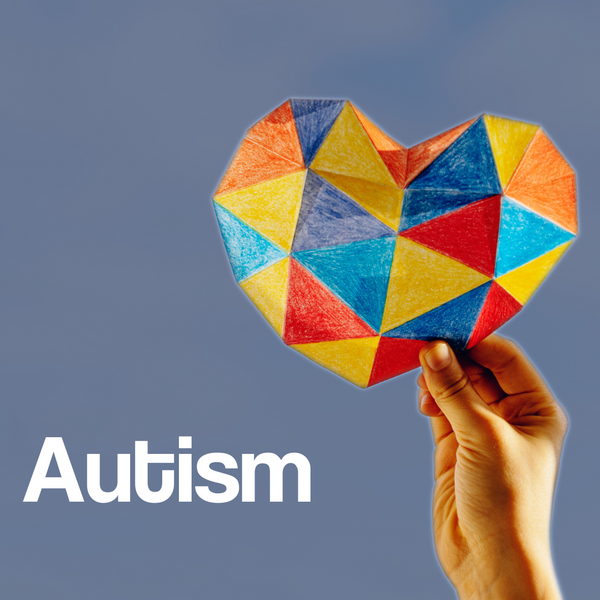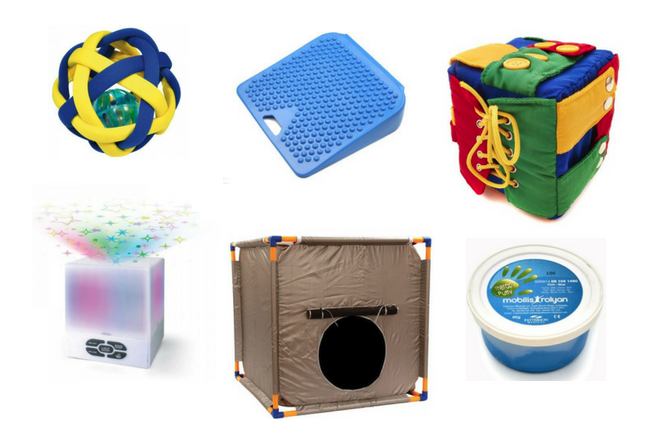Free delivery on orders over £40, only £3.95 under £40
Free delivery on orders over £40, only £3.95 under £40

Autism Spectrum Disorder is an umbrella term used to describe a range of similar conditions that affect someone’s behaviour, social and communication skills. 1 in every 100 people in the UK is diagnosed with some form of ASD.
Autism Spectrum Disorder (ASD) covers a range of similar conditions, like Asperger’s, which all have some impact on an individual’s social interaction, communication and behaviour. It is a developmental disability that is lifelong and affects how people perceive the world and interact with others. As it is a spectrum condition, ASD can affect people in different ways, with symptoms and a diagnosis usually occurring before the age of three. Some people with autism also have learning disabilities, mental health issues or other conditions, meaning different people need different levels of support but all can be helped to live a fulfilling life in the way they choose.
Although the exact cause of autism is as of yet unknown, it is thought that genetic and environmental factors are involved. Cases of ASD have been known to run in families, as well as autism sometimes being caused by being born prematurely. Despite the belief that diet choices or the MMR vaccine can cause autism, there is no evidence to suggest this is true.
Autism Spectrum Disorder often affects social interaction and conversational skills, with children, in particular, finding it difficult to make eye contact, start a conversation or understand other people’s emotions. Routines can also be a big part of ASD, such as lining things up or flicking switches on and off, but a small change in these routines can be triggering.
Therapies and programmes can help people with ASD to cope in social situations, take part in group leisure activities and learning skills such as eating and washing. Psychological therapy and medication can also be a helpful option to consider, especially for children. Depending on the needs of the person, supported living for adults may be a good idea after considering how much care is required. There are a variety of sensory products on the market that can help children with autism which can create a learning outlet while stimulating the senses.

Products shown: Jingle Play Ball, Star Projection Cube, Adult Movin'Sit Air Cushion, Therapy Putty, Undo Me Mini Cube, The Dark Den
Useful links: